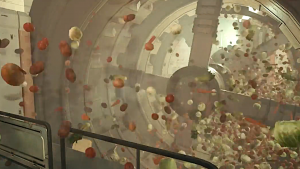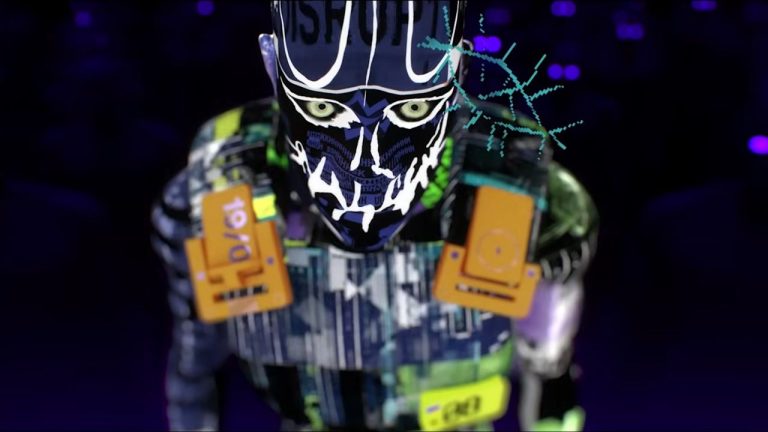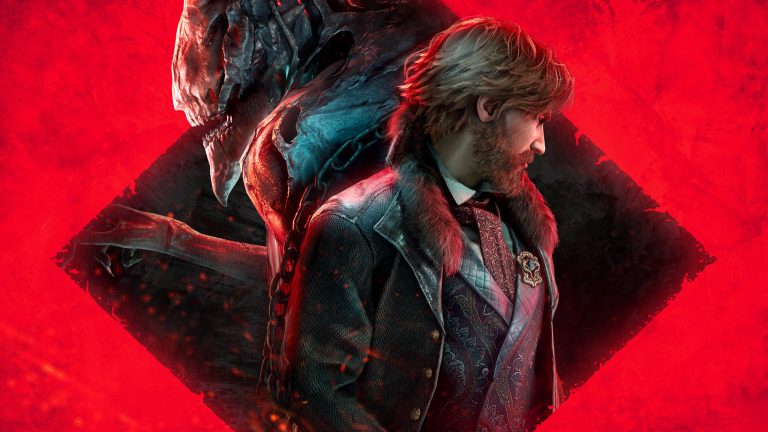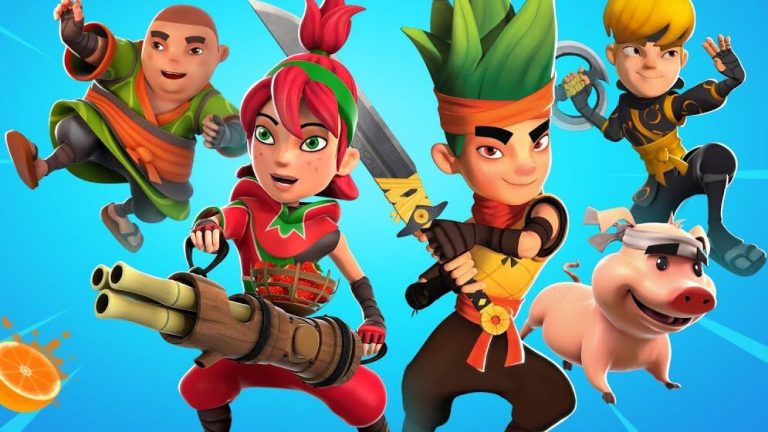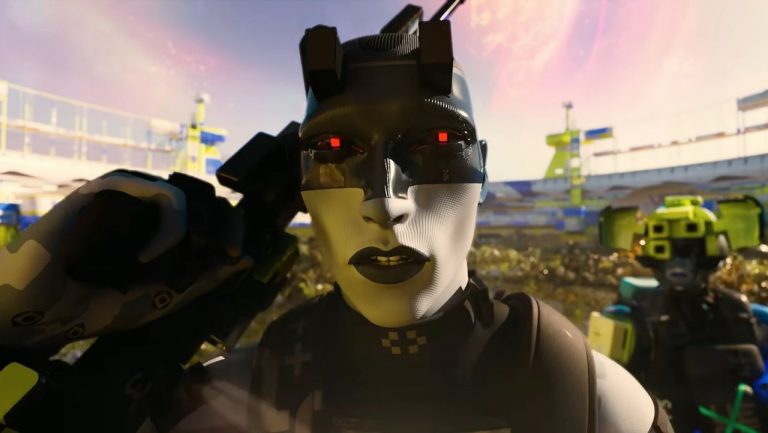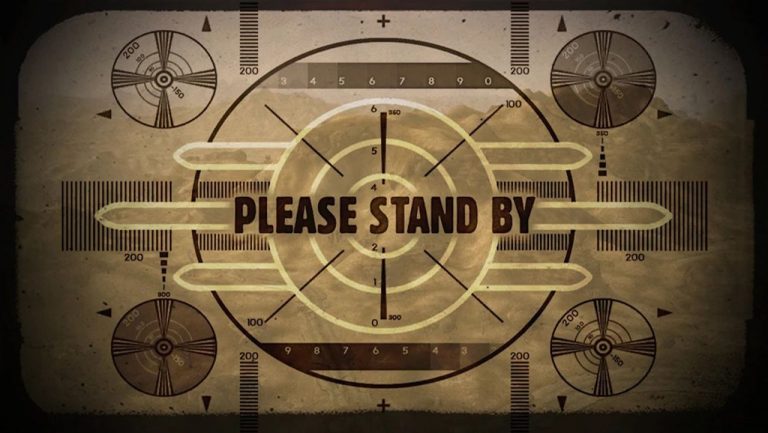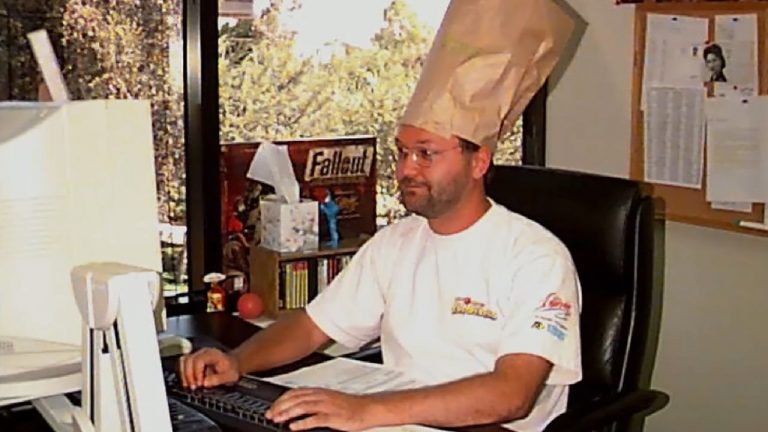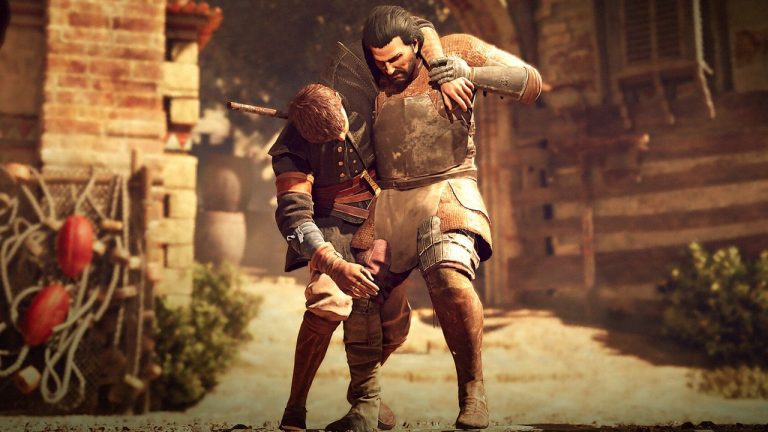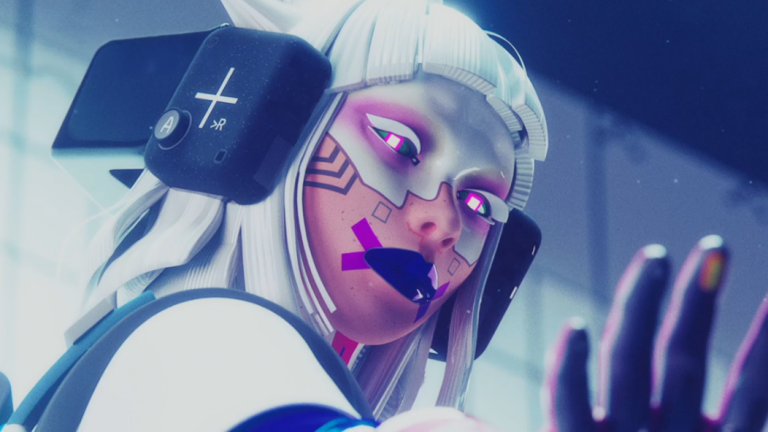American McGee’s Alice is a series that saw two games released roughly a decade apart: the eponymous original came out in 2000 on PC, and Alice: Madness Returns followed in 2011. The games were published by Electronic Arts and, over the last few years, McGee has been trying to drum up interest from both EA and fans in a third entry to be called Alice: Asylum (another mooted entry, Alice: Otherlands, was the subject of a Kickstarter but was never released).
It didn’t seem like things were going too well. In February this year McGee posted a video basically asking EA to fund Asylum while simultaneously acknowledging the publisher was showing a distinct lack of interest in any continuation. That’s not entirely surprising from contemporary EA, which is too busy diving through swimming pools of EA Sports dollars to be enormously bothered about the continuation of a cult favourite. The problem is that, without EA’s involvement, the whole thing is scuppered: the publisher owns the rights to American McGee’s Alice, and American McGee doesn’t.
The writing was on the wall and in April McGee took to Youtube to say EA was out and it was time to move on. He also announced his retirement from game design entirely, so this was about as definitive an end point as you get. To be fair to McGee he has been transparent throughout the whole period of trying to get Alice: Asylum made and, while he had a Patreon allowing people to donate, he and others have done a considerable amount of pre-production on Asylum over this time, culminating in a design bible for the game which is available for download.
In a follow-up video posted last week, McGee acknowledges this year’s various events and that, following EA’s definitive ‘no’ in April, he disappeared for a while. “I was emotionally quite destroyed by the fact that our proposal was rejected,” says McGee. “Not only because we had invested so much into it as a community and as creators, but because I felt quite strongly it presented a vision for something that was not only achievable but would have been quite beautiful.” McGee says he had a sense of “shame” at having failed to get the game made, and re-emphasises that he and everyone invested in this “need to move on.”
McGee says that people suggesting various solutions to the problem aren’t helping: as he says, lawyers on his side and lawyers on EA’s side haven’t been able to solve these problems over the last decade. He especially addresses the idea that, as Alice in Wonderland is public domain, they could make some sort of spiritual sequel or unofficial successor. “If the solution were that simple, we probably would have tried to pursue that by now,” says McGee. “It’s not that simple.”
The designer then goes on to give a rather rosy view of what AI technologies may be able to do down the line. “There is a ray of hope for those of you out there who would like to see Alice’s story continued,” says McGee. “And that is that the design bible, the complete story, the artwork, all of the chapters, the weapons, the enemies, everything that you could need to develop the new game: it all exists inside of the design bible that we produced.
“This thought is going to be controversial for some people but, mark my words, in a few years it will be something that makes a lot of sense for a lot of people out there. And that is that the design bible, as produced, is the perfect thing to feed into an AI system to have it completely build the game that is outlined in that design bible.”
Hmm. That seems like wishful thinking to me, but may also be McGee’s way of telling the real obsessives to focus somewhere, anywhere but him in future. The guy couldn’t be clearer that he wants to leave this project behind, and it has to be said he probably had more invested in it happening than anyone.
“I do believe if you’re going to spend your time trying to figure out ways to resurrect Alice’s future,” adds McGee, “that time would be better spent trying to solve those sorts of [AI-related] problems, instead of continually asking me questions to which I do not have answers, and in relation to properties over which I have no control. And if you’re just now starting to think about all the ways you might get sued or otherwise in trouble for pursuing an idea like that, then welcome to the club. This is exactly how I feel every time people on the internet propose ways to fix the problem with Alice and EA.”
McGee thanks those who’ve taken an interest in his own wellbeing over this time, and says he’s just focusing on things like family and the day job from now on. He ends with a polite but unmistakably final suggestion to those who’ll continue to follow him online in the hope of further Alice developments: “If your interest is in Alice then I suggest you find a community elsewhere to continue those conversations.”


